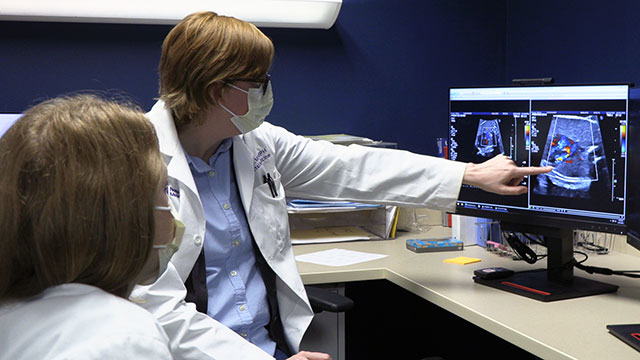A recent study published in JAMA Network Open found no link between first-trimester exposure to mRNA-based COVID-19 vaccines and an increased risk of major congenital malformations (MCMs). The study analyzed data from a large cohort of over 527,000 infants and concluded that the rates of birth defects were similar in infants whose mothers were vaccinated in early pregnancy and those who were not.
The research aimed to address concerns about the safety of mRNA vaccines during pregnancy, as previous data has highlighted the higher risk of severe COVID-19 in pregnant women. While COVID-19 vaccination is recommended to protect against this risk, there has been limited research into the potential impact on birth defects. This study sought to fill that gap by examining the outcomes of pregnancies with first-trimester mRNA vaccine exposure.
The study found that the rates of MCMs were comparable in both vaccinated and unvaccinated mothers, with no significant differences across 13 categories of malformations, including cardiovascular, nervous system, respiratory system, and limb defects. In total, 75 individual MCMs were evaluated, and none showed an elevated risk linked to the vaccine.
Among the 24.7% of infants whose mothers were vaccinated in the first trimester, MCM rates were slightly lower than those in the unvaccinated group, with a nonsignificant weighted odds ratio of 0.98. This indicates no harmful association between mRNA COVID-19 vaccination and MCM risk. The study also found no significant differences in stillbirth rates between the two groups, further supporting the vaccine’s safety during early pregnancy.
While the findings are reassuring, experts emphasize the need for healthcare providers to engage with pregnant patients to address vaccine hesitancy. Some experts have noted a decline in COVID-19 vaccination uptake during pregnancy, especially after the CDC withdrew its formal recommendation. To combat this, clinicians are encouraged to communicate the safety and benefits of vaccination to ensure that pregnant women are protected from the severe consequences of COVID-19.
These results offer crucial evidence supporting the safety of mRNA-based COVID-19 vaccines in early pregnancy, helping to reassure expectant mothers and reduce vaccine hesitancy.

